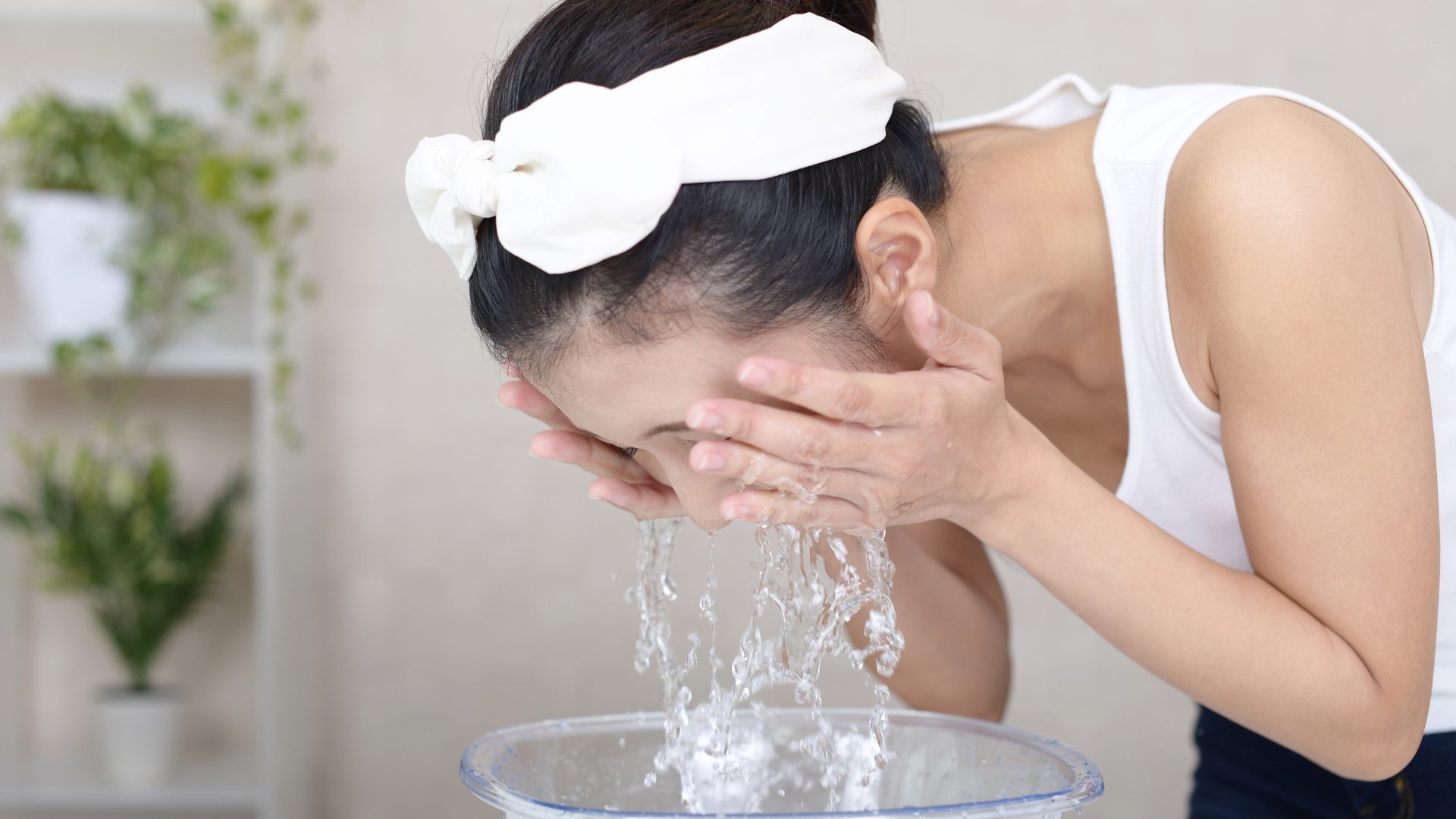
Eyes are one of the most delicate and important organs in the body. Protecting them from injury, infection, and strain is essential for maintaining good vision and overall health. Many people wonder whether it is safe to wash the eyes and, if so, what should be used. Here’s a comprehensive guide on eye safety and proper eye-washing practices.
Practice Proper Hand Hygiene
Before touching your eyes, always wash your hands thoroughly with soap and water.
-
Avoid touching or rubbing your eyes with dirty hands.
-
Keep towels, pillowcases, and makeup tools clean to prevent infections.
-
Contact lens users should always follow hygiene guidelines strictly.
Use Protective Eyewear
Wear appropriate protective gear in situations where your eyes are at risk.
-
Safety goggles when handling chemicals or working with tools.
-
Sunglasses with UV protection outdoors.
-
Protective eyewear can prevent accidents, debris, and sun-related damage.
Limit Eye Strain
Prolonged screen time, reading, or low-light conditions can tire your eyes.
-
Follow the 20-20-20 rule: every 20 minutes, look at something 20 feet away for 20 seconds.
-
Ensure proper lighting while reading or working.
-
Adjust screen brightness and posture to reduce strain.
Should We Wash Eyes With Water?
Yes, washing eyes with clean, lukewarm water is safe in most cases.
-
Use water to remove dust, debris, or mild irritants.
-
Avoid soaps, shampoos, or household chemicals directly in the eyes.
-
In case of chemical exposure, rinse immediately for 15–20 minutes and seek medical attention.
Avoid Harmful Substances
Do not use alcohol, vinegar, lemon juice, or other home remedies in your eyes.
-
These can worsen irritation or cause chemical burns.
-
Only use saline solutions or prescribed eye drops recommended by an eye doctor.
Maintain a Healthy Diet
A nutrient-rich diet supports eye health.
-
Include vitamin A-rich foods like carrots, spinach, and sweet potatoes.
-
Omega-3 fatty acids from fish and flaxseed support retina function.
-
Stay hydrated to prevent dryness and irritation.
Regular Eye Checkups
Routine eye examinations help detect problems early.
-
Visit an eye doctor at least once a year.
-
Monitor for changes in vision, redness, pain, or discharge.
-
Early detection of glaucoma, cataracts, or infections improves outcomes.
Responding to Eye Emergencies
Immediate action can prevent permanent damage.
-
Seek urgent care for sudden vision loss, severe pain, chemical splashes, or foreign objects in the eye.
-
Avoid rubbing the eye in emergencies.
-
Rinse gently with clean water or saline while waiting for professional help.
Eye safety is vital and often overlooked. Simple practices like clean hands, protective eyewear, proper rinsing, and regular checkups go a long way in preventing eye injuries and infections. Remember: if irritation or injury persists, consult a qualified eye specialist instead of relying on home remedies.

